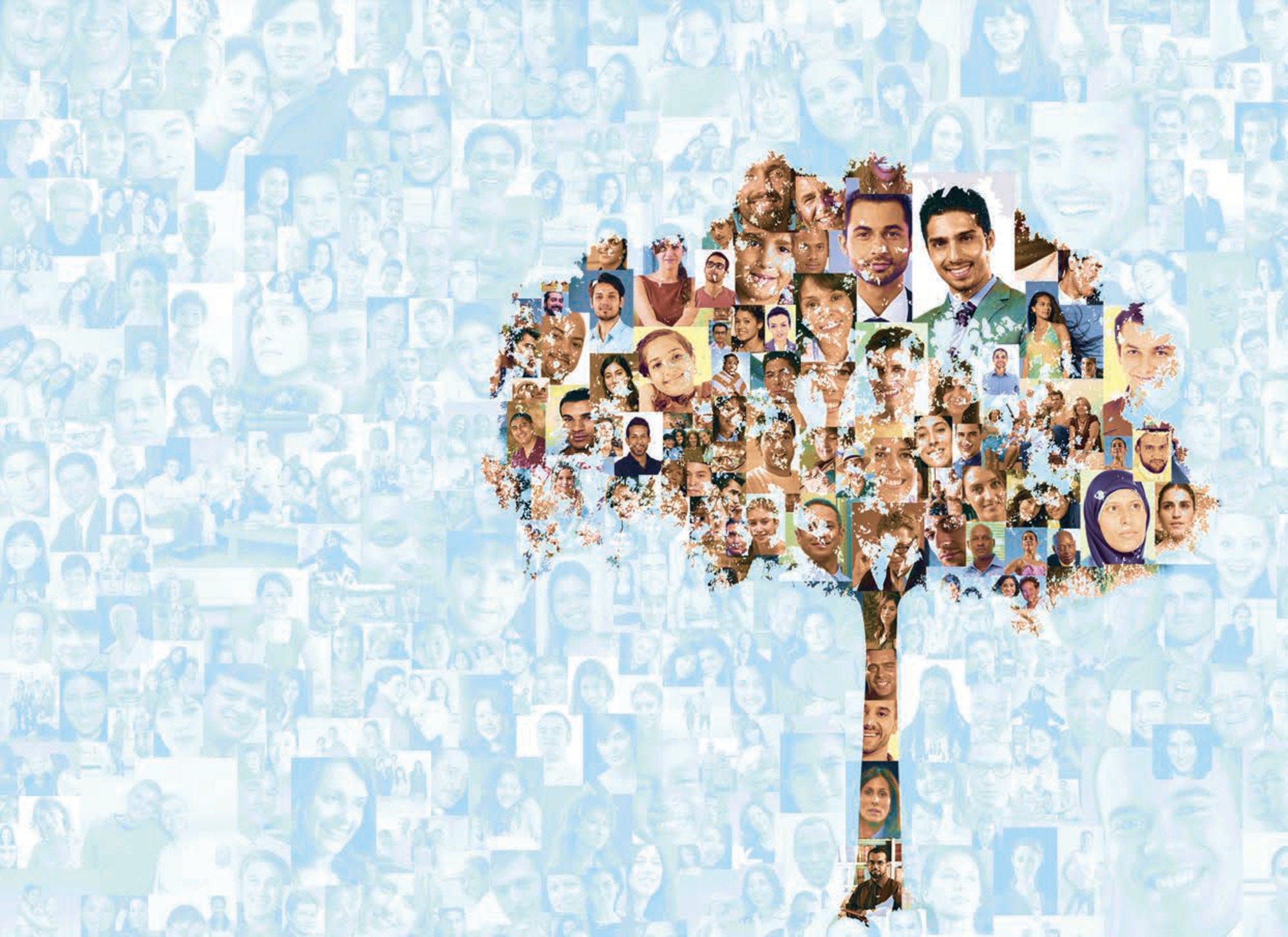Youth aged 12-30 make up 36% of Jordan’s population. Unemployment levels among 15-24 year-olds, exacerbated by the COVID-19 crisis, reached 50% in the fourth quarter of 2020, up from an already high level of 37% in 2019 (World Bank, 2021[1]). The crisis has disrupted youth’s access to public services and their trajectory toward decent jobs, financial independence and other milestones of adulthood.
Young people in Jordan have demonstrated resilience and solidarity in mitigating the crisis by supporting vulnerable groups. The needs of young people should be reflected in response and recovery measures to support their transition to an autonomous life, limit long-term costs and prevent a deterioration of trust in public institutions.
The report assesses the governance arrangements established by the Ministry of Youth (MoY) in Jordan to empower youth and build trust, covering four main dimensions:
Designing, implementing and tracking progress of Jordan’s National Youth Strategy 2019-25.
Building administrative capacity within the MoY to deliver youth-responsive policies, programmes and services.
Creating a legal and institutional environment to encourage youth participation in public life and young people’s representation in state institutions.
Reviewing legal frameworks to balance considerations of protecting and empowering youth and providing inclusive access to public services and participation.
